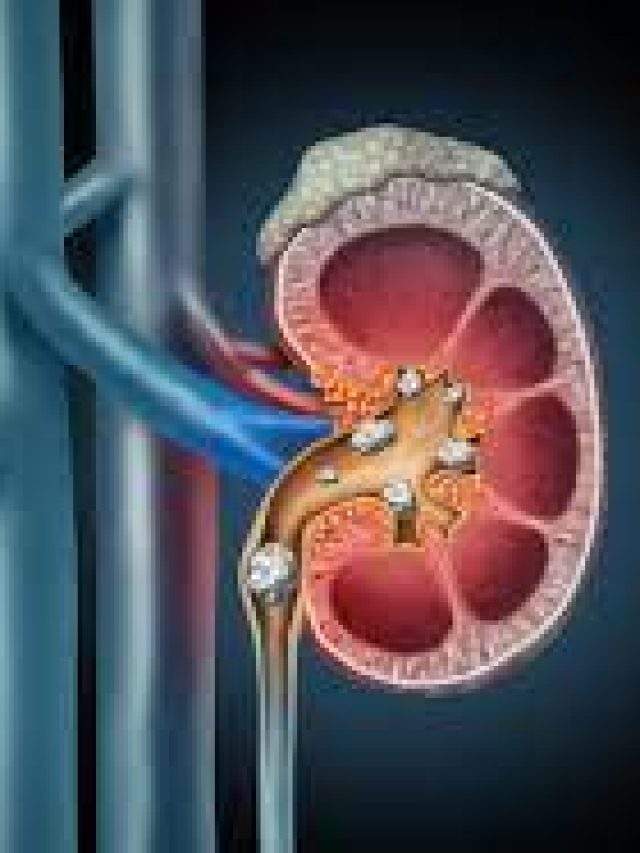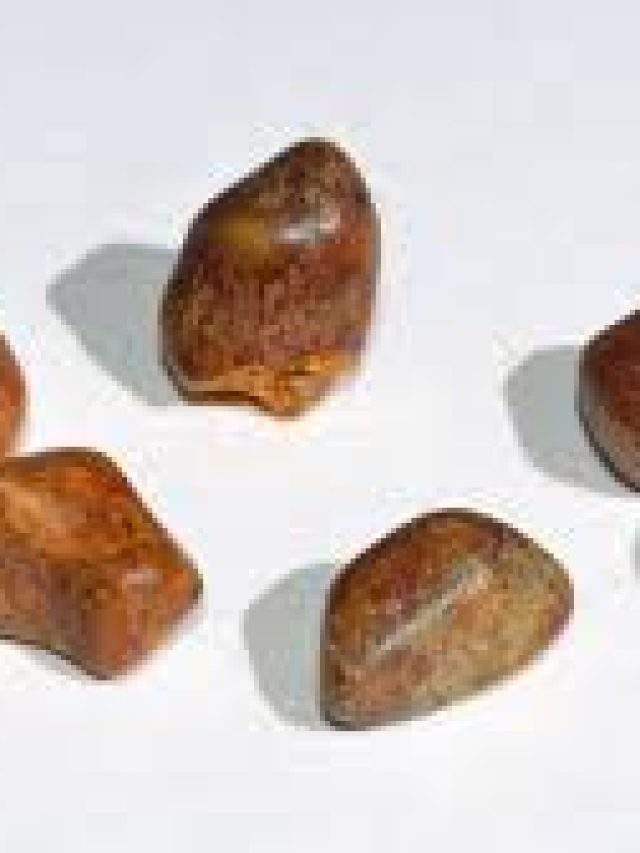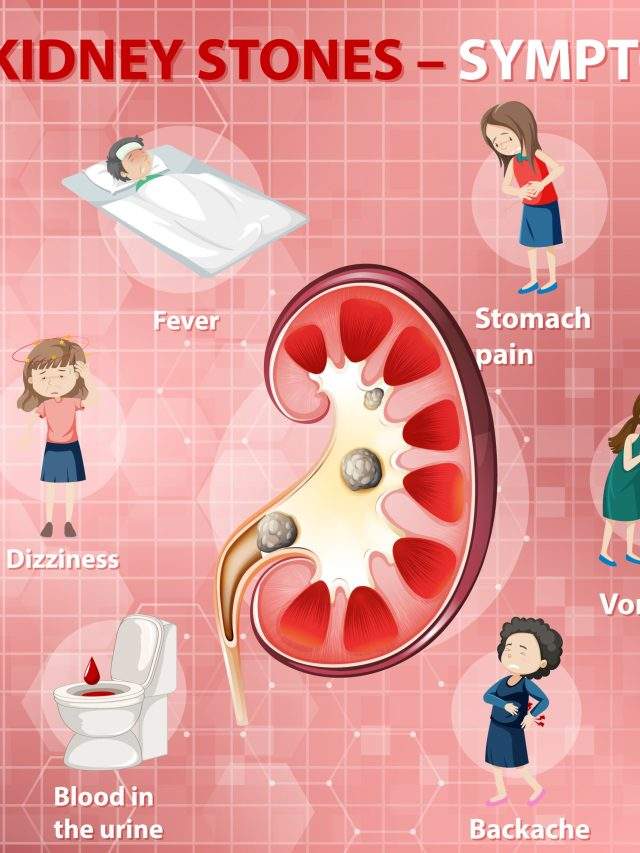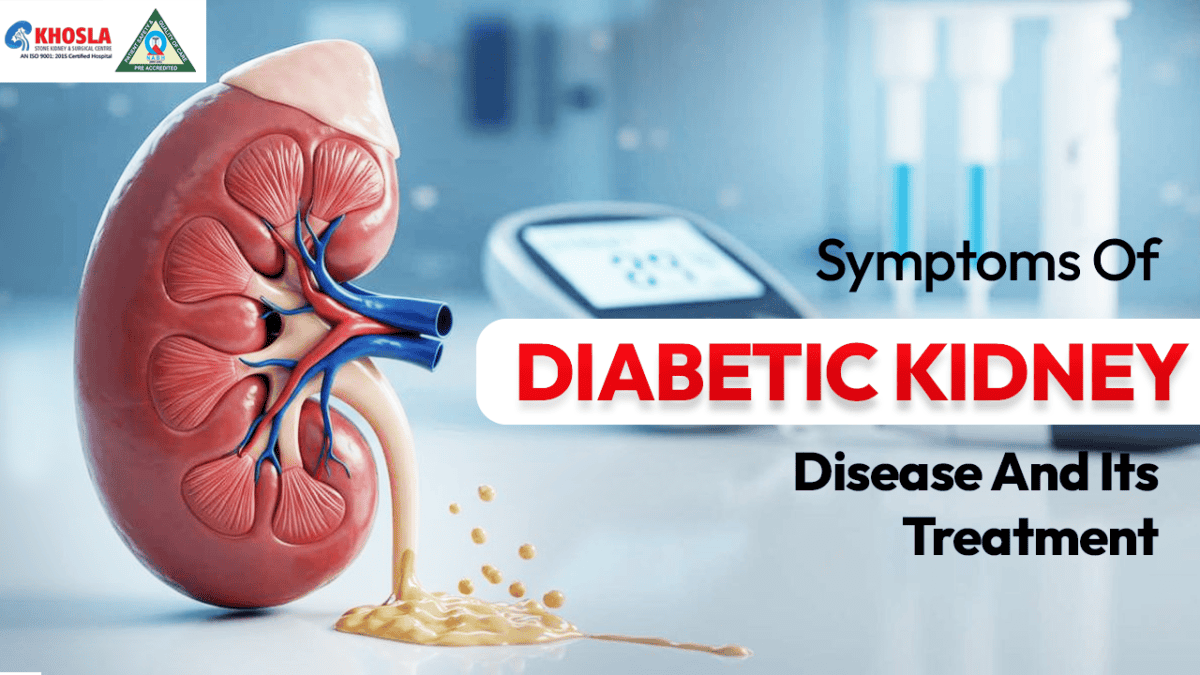![]()
Diabetic kidney disease refers to the loss of kidney function, which is severely risky for diabetic people. If not detected at an early level, it can lead to kidney failure as well. It is also known as Diabetic Nephropathy. It is a critical condition in which high blood sugar levels can destroy the blood vessels of the kidney. This disables the kidneys from filtering out waste products from the body.
Symptoms
Many people develop no symptoms at an early stage. The symptoms usually occur after the damage to the kidney has started. The symptoms include:
- Foamy urine, indicating protein (often called Albuminuria)
- Fatigue as well as weakness
- Dry skin, which is itchy
- High blood pressure
- Muscle cramps
- Shortness of breath
- Nausea
- Swelling (oedema)
- Difficulty in focusing
The situation needs to be controlled right when you start noticing the symptoms to avoid complications, as well as the risk of developing critical kidney disease.
Diagnosis
People with diabetes should always opt for routine kidney tests even if they do not feel any of the above symptoms. Albuminuria is checked through a urine test, and eGFR (Glomerular Filtration Rate) is calculated with a blood test. Also, to check the size of the kidney, a renal ultrasound may be conducted. A 24-hour urine collection is used to check the quantity of protein which is flushed out through the urine.
Ways to protect the kidneys
The proactive care, as well as the management of lifestyle, play an essential role in protecting the kidneys from failure.
- Staying hydrated is the foremost step you can take towards kidney protection. You should drink plenty of water, as it will help flush out the toxins.
- Having a diet which is kidney-friendly can improve the situation. You can limit your salt and protein intake to control high blood pressure. Instead, you may focus on a diet which is full of fresh vegetables and also whole grains.
- Regularly monitoring the blood sugar levels and taking proper medication to keep it under control is crucial for protecting the kidneys from damage.
- Overintake of painkillers can aggravate the slow functioning of the kidneys. Therefore, these need to be avoided, especially by diabetes patients.
Treatment
The correct treatment, along with protective measures, can help stabilise the condition. The disease can be well managed and controlled if taken care of at the right time.
- During the initial stages, proper medication can help in handling the situation.
- Later-stage treatments include dialysis. A machine is used to filter out the toxins because the kidneys are not able to function properly.
- Kidney transplant is the only option left when the kidney is damaged, in which the kidney of a healthy donor is placed after removing the damaged kidney through a surgical procedure.
Conclusion
Dr Rajesh Khosla, being the best urologist of the Punjab region, with more than 20 years of experience, is serving numerous kidney patients. The experts here provide additional care to the patients suffering from kidney problems, ensuring safe treatment as well as successful recovery. The hospital offers various treatments for kidney-related issues. Must visit Khosla Stone Kidney and Surgical Centre for the best treatment of kidney diseases, as it is the renowned kidney stone as well as surgical centre of Ludhiana.






